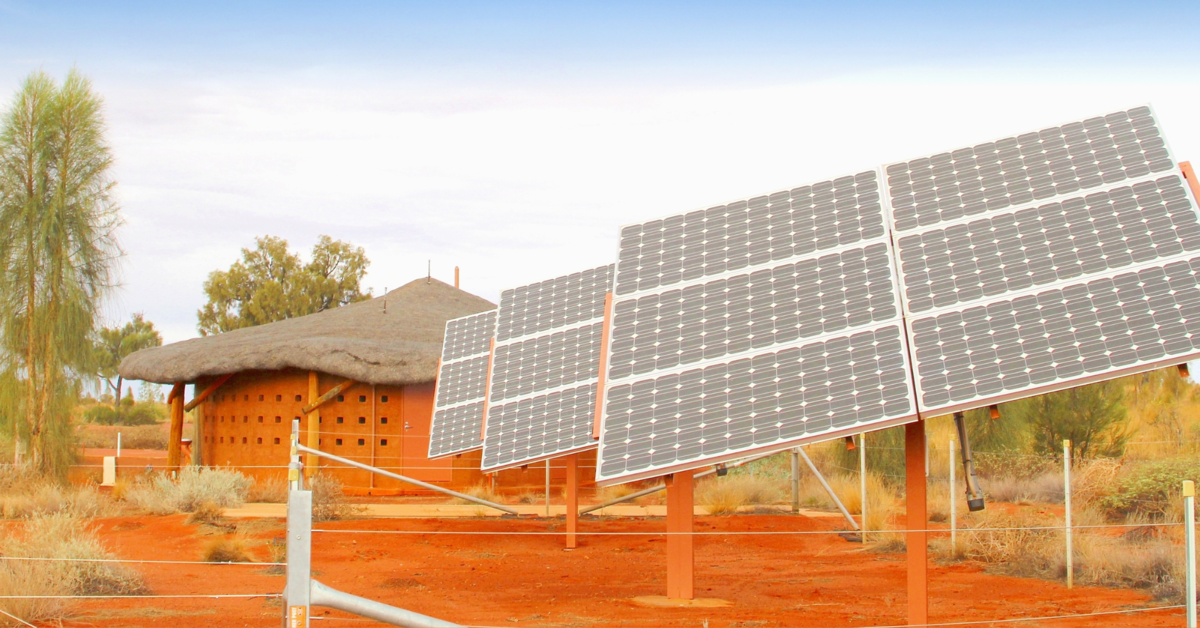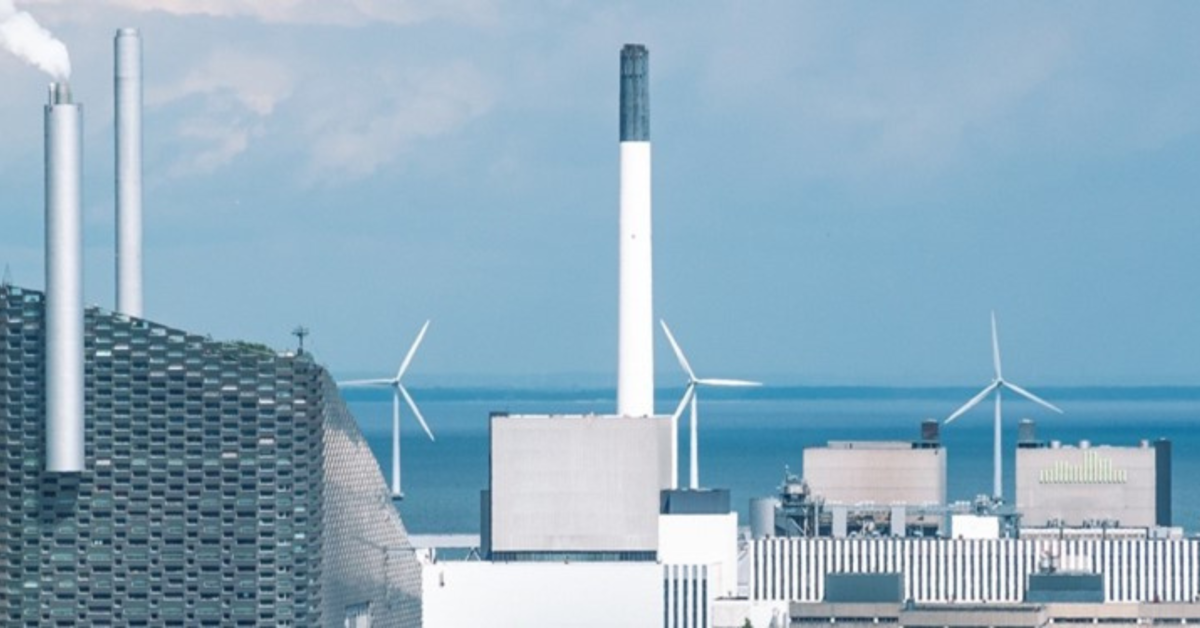At a Glance
- A close race between two leading presidential candidates and an upstart third party, as well as 113 in the parliament, will be decided Saturday, January 13.
- While the outcome could shape China-Taiwan relations—and US-China relations—for years to come, there are important domestic policy issues at play as well.
- Markets have wide ranging views on the political and economic relationships between China, Taiwan, and the US.
- These views matter to companies, so it’s important to watch key developments that could impact and inform business priorities. Scenario planning is key.
Five things to know heading into Taiwan’s election weekend
1. The DPP's lead is narrowing—it's a tight race.
In the last week before the elections, all parties hit the campaign trail hard, hosting large scale campaign events on “Super Sunday” that attracted tens of thousands of supporters. Final polls before a 10-day blackout period showed Democratic Progressive Party’s (DPP) candidate Lai Ching-te (William Lai) ahead of the Kuomintang's Hou Yu-ih, with a wide, but narrowing, margin between 3 to 11 percentage points according to different polls. With widely different voter bases, who wins will come down to voter turnout on Saturday, which can be influenced by any number of factors from the weather to election day surprises.
2. Taiwan has taken precautions to address misinformation and election interference, but it’s a big concern.
The election commission mandates a 10-day opinion poll blackout before an election. While the blackout makes it hard to project the election outcome, the policy is intended to mitigate attempts to influence opinions in the run up to voting which is widely expected given the stakes in this race. For similar reasons, there are also visa restrictions on journalists from mainland China, who are only allowed to observe the elections but cannot report on them, and there is a decades old, in-person voting only rule with paper ballots.
3. China’s “grey zone” and economic pressure tactics have been restrained so far but could pick up immediately following the election.
This week, the Chinese military conducted live fire drills on January 8 and 9 in the East China Sea just north of Taiwan, sent a series of military aircraft and ships around the island, and continues to threaten increasing tariffs on a range of Taiwanese agricultural, fishery, textile, mechanical, and auto products. These economic pressure tactics and displays of force have not previously had the intended effect on Taiwan’s electorate—who are familiar with the tactics. Once the election results are announced or the winning candidate delivers the acceptance speech, military drills around Taiwan should be expected—the scope and scale of which will be important to watch for corporate planning.
Yet, as part of a global charm offensive, this week Beijing also issued new measures to promote economic integration between Taiwan and China’s southeastern province of Fujian. China has been working to charm the US and the international community by promoting the benefits of engaging with Beijing. Beijing is not only watching the election, but also how major powers like the US react, which could have just as much impact on China’s response as the actual election outcome.
4. Don’t forget, Taiwan’s parliament is also having elections which will affect how well the new president can govern.
In addition to selecting the president and vice president, the Taiwanese people will also vote for 113 members of parliament, known as the Legislative Yuan. No party is expected to achieve a majority in the legislature, which would challenge any presidential winner to effectively advance their policy priorities. Beyond cross-strait relations, voters are keyed in on domestic issues such as income stagnation, housing affordability, and public services in healthcare, education, and infrastructure. In this case, it will be important to watch how the new president fills their cabinet to advance the domestic agenda and if they opt for a coalition, which is rare but not unprecedented.
5. The election outcome matters to geopolitical stability, and regions have different views on cross-strait relations.
The Taiwan election is the first global election of 2024 with major geopolitical implications. Conflict or instability in the region could be more significant to the global economy than the war in Ukraine, the pandemic, and the global financial crisis, according to Bloomberg. With 50% of global commercial container traffic passing through the Taiwan Strait every day and the island a cornerstone of the semiconductor supply chain powering everything from dishwashers to advanced weaponry, any issues in the strait—such as a blockade—would have serious ramifications for companies’ global supply chains. A vast majority of countries support the status quo—as do the vast majority of Taiwan’s electorate—and will work with whoever wins the election. But they will also need to balance relations with China, the top trading partner to more than 120 countries. It’s important for companies operating in this global landscape to be mindful of the different views as they consider global strategies.
Key regional relations with China and Taiwan
“One China” policy formulations have enabled countries to engage with both China and Taiwan and provided stability in the cross-strait region for over four decades. Countries maintain slightly different formulations. The Carnegie Endowment has compiled a comprehensive look at how countries approach their One China policies here.
United States
- The Biden administration’s priority is deterring conflict and maintaining stability in the Taiwan Strait. Biden recently emphasized this following his meeting with President Xi on the sidelines of the November APEC session in San Francisco, which put a floor under the bilateral relationship.
"[the us and china] maintain an agreement that there is a one china policy...and I'm not going to change that. that's not going to change."
-US President biden, november 2023
- One of the most significant outcomes was the resumption of US-China military-to-military communications, which officially happened this week. Having open lines of communication will be key to avoiding conflict. There will also be an unofficial delegation of former senior level US officials on the ground in Taiwan to meet with the newly elected president immediately after the announcement.
- Congress continues to call for strengthening US military and diplomatic support for Taiwan to counter China—an issue with bipartisan support. Annual defense legislation has increased US military funding support for Taiwan, and continued sales of military equipment to the island is a major source of friction in the US-China relationship.
“We need to be moving heaven and earth to arm Taiwan to the teeth to avoid a war.”
— House Select Committee on China Chairman Mike Gallagher, February 2023
- Heading into the presidential elections, the issue of China and Taiwan will be further politicized. Already Republican primary candidates leveraged their campaigns to push Biden to take a more aggressive stance to protect Taiwan. Former President Trump, who currently leads the Republican primary, has refused to reaffirm a commitment to the status quo if he were to win.
South Korea and Japan
- National security and regional stability are top of mind for the South Korean and Japanese governments heading into the Taiwan elections. Both have historically tense relations with China and maintain strong economic, technological, and military ties to the US, including hosting US military bases. But neither wants to be drawn into a conflict. Deterrence is a priority and both governments have pursued cautious engagement with Taiwan.
“[South Korea, Japan, and the US] reaffirmed the importance of peace and stability across the Taiwan Strait as indispensable to security and prosperity in the international community.”
— Joint Statement on the Trilateral United States-Japan-Republic of Korea Indo-Pacific Dialogue, January 6, 2024
- Despite ongoing frictions with China—such as Beijing’s ties with North Korea and its ban on Japanese seafood—the foreign ministers of South Korea, Japan and China met late last year and agreed to resume cooperation and plan for a trilateral summit.
ASEAN/Southeast Asia
- Many Southeast Asian nations delicately balance their traditional security relationship with the United States and strong economic relationship with China, but maintain a general non-interference approach to foreign policy, which includes adherence to a One China policy with no official recognition of Taiwan.
- A top priority for regional governments is the safety and security of the significant number of Southeast Asian migrant workers in Taiwan—about 256,000 Indonesian, 257,000 Vietnamese and 154,000 Filipino workers, according to Taiwan’s Ministry of Labor.
“ASEAN calls for maximum restraint, refrain from provocative action, and for upholding the principles enshrined in United Nations Charter and the Treaty of Amity and Cooperation in Southeast Asia (TAC). We reiterate ASEAN Member States’ support for their respective One China Policy.”
— ASEAN Foreign Ministers Joint Statement, August 2022
- Taiwan has been working to strengthen economic and trade engagement with ASEAN members as part of its New Southbound Policy, yet China remains the region’s largest trading partner—bilateral China-ASEAN trade reached $975 billion in 2022—nearly double US-ASEAN trade.
India
- The Indian government has refrained from reaffirming its One China policy since 2022 when hundreds of Indian and Chinese troops clashed on the disputed border that separates northern India from China.
“We urge the exercise of restraint, avoidance of unilateral actions to change the status quo, de-escalation of tensions, and efforts to maintain peace and stability in the region.”
— Indian Foreign Ministry Spokesperson Arindam Bagchi, August 2022
- Ties between India and Taiwan have strengthened considerably during Prime Minister Narendra Modi’s second term, largely driven by cooperation in the semiconductor industry and information and communications technology. Modi is a staunch proponent of reducing India’s dependency on China due to security concerns, particularly in the tech sector.
- 2024 is an election year for India too, which could see continued rhetoric on China and Taiwan. Modi is aiming for a third straight term in the upcoming General Elections due in April-May and is expected to win.
UK/EU/Australia
- There is not an aligned view on Taiwan among European countries and allies. Some parliamentary figures have called for stronger solidarity with Taiwan in the aftermath of Ukraine, but most governments are cautious given the economic relationship with China. A united approach is unlikely, but many will look to leadership of countries like Germany, the UK, and Italy, to deter aggression.
“The EU has consistently called for peace and stability in the Taiwan Strait, and we stand strongly against any unilateral change of the status quo, in particular by the use of force.”
— European Commission President Ursula von der Leyen, April 2023
- The UK government has been fairly muted on the Taiwan elections but has called for maintaining the status quo, given the deep economic relationship with China.
- Australian Prime Minister Anthony Albanese prioritized repairing ties with Beijing after a rapid decline in relations from 2020-2022 led Beijing to impose a series of trade restrictions on Australia. China is Australia’s top trading partner, accounting for 27% of the country’s bilateral trade, but Australia maintains trade and bilateral discussions with Taiwan on a range of topics and is a member of AUKUS, the trilateral security alliance between the US, UK, and Australia.
Latin America and the Carribean
- Seven of the 13 countries that officially recognize Taiwan are located in the region. But the trend of countries switching diplomatic recognition to China has continued, most recently with Honduras in March 2023, following Costa Rica (2007), Panama (2017), the Dominican Republic (2018), El Salvador (2018), and Nicaragua (2021).
“Our relationship with China is extraordinary, and it has become more mature and stronger over time... [w]e hope that Brazil-China relations are able to go beyond trade. Nobody can stop Brazil from continuing to develop its relationship with China.”
— Brazilian President Luiz Inácio Lula da Silva, April 2023
- China has become an increasingly important economic and trade partner to many in Latin and South America, and Brazil President Lula da Silva has moved to reignite bilateral engagement and fully engage in the BRICS forum.
MENA
- The Arab League pledged to uphold China’s sovereignty and territorial integrity immediately following former US Speaker of the House Nancy Pelosi’s visit to Taiwan in August 2022.
“We have agreed on…the firm commitment of the Arab countries to the principle of one China, their support for the People’s Republic of China’s efforts to preserve its sovereignty and territorial integrity, reaffirming that Taiwan is an integral part of Chinese territory.”
— Riyadh Arab-China Summit for Cooperation and Development communique, December 2022
- China has become an important strategic partner to the region. Bilateral China-MENA goods trade topped $368 billion in 2022, more than double that of the US. Beijing holds “comprehensive strategic partnerships”—one of the highest levels of bilateral ties—with Saudi Arabia, Egypt, the United Arab Emirates, Iran, and Algeria. For his first foreign trip after pandemic restrictions were relaxed in December 2022, Chinese President Xi Jinping traveled to Riyadh to meet Saudi Crown Prince Mohammed bin Salman.
- Taiwan does not have a diplomatic presence in any of the Gulf Cooperation Council (GCC) countries—Bahrain, Kuwait, Oman, Qatar, Saudi Arabia, and the UAE—but does maintain economic and cultural ties via commercial offices in the region. Taiwan is also reliant on Saudi Arabia and the GCC for oil.



